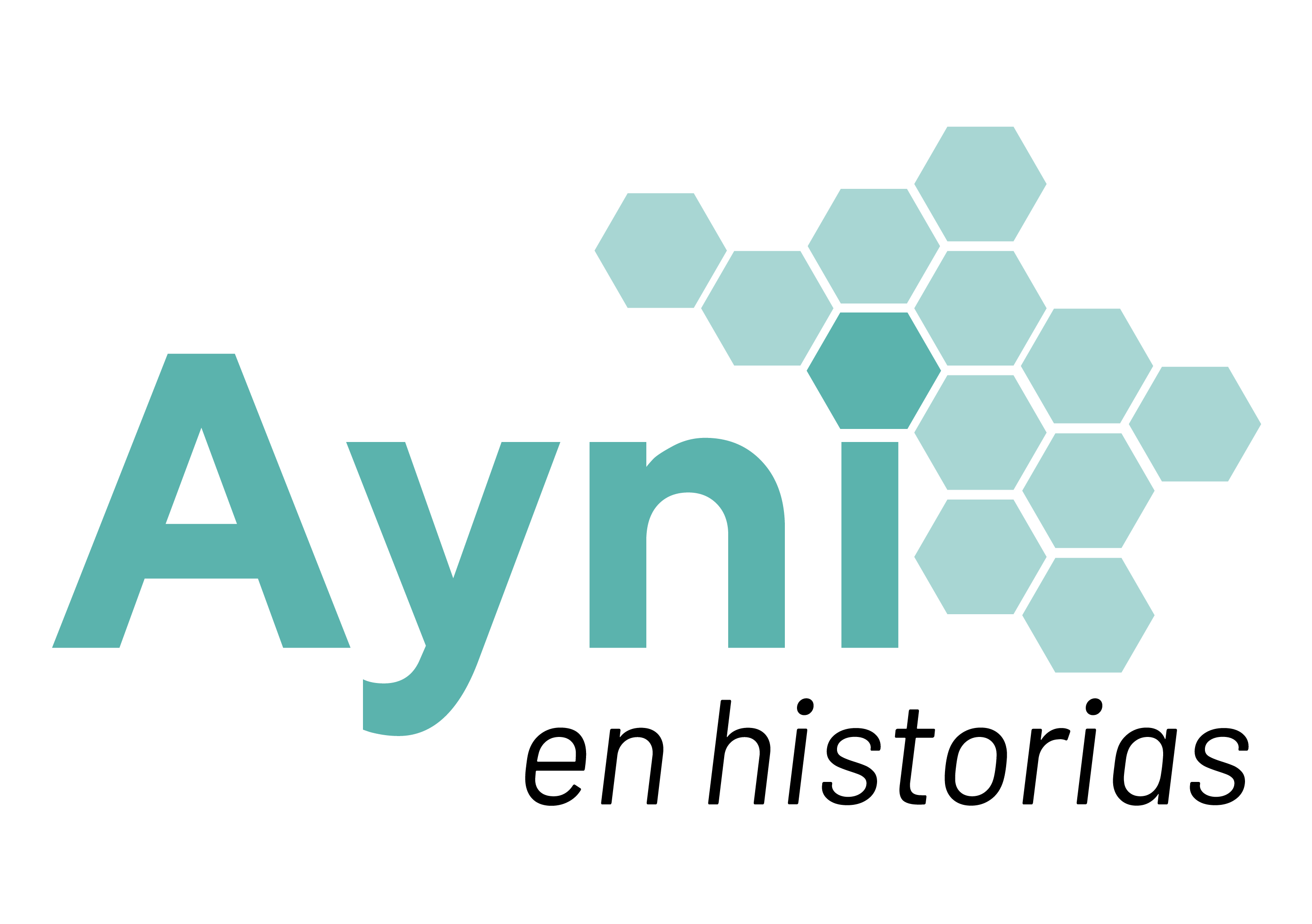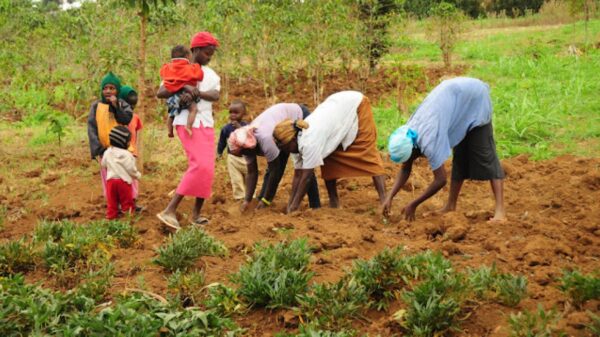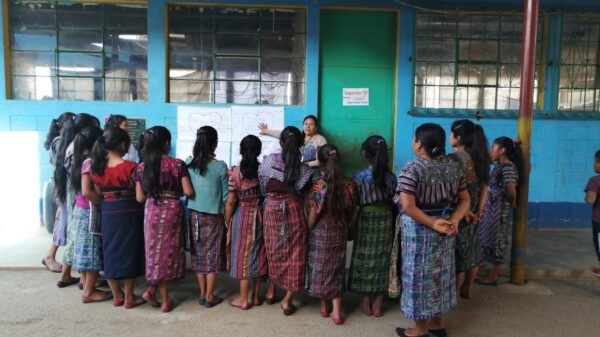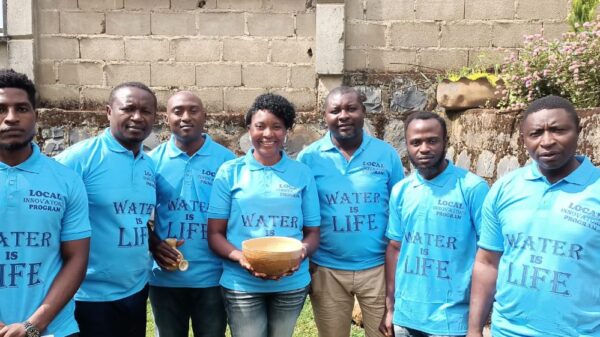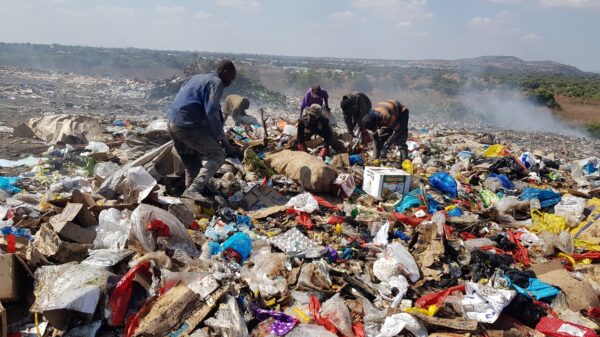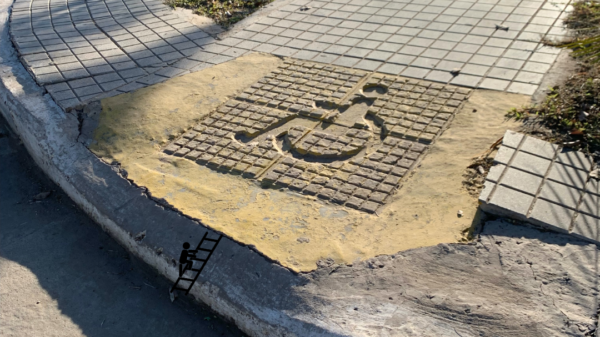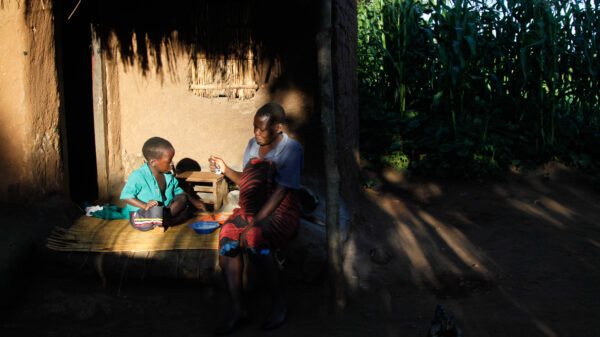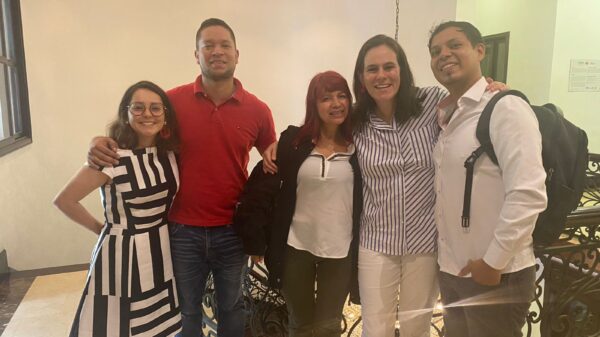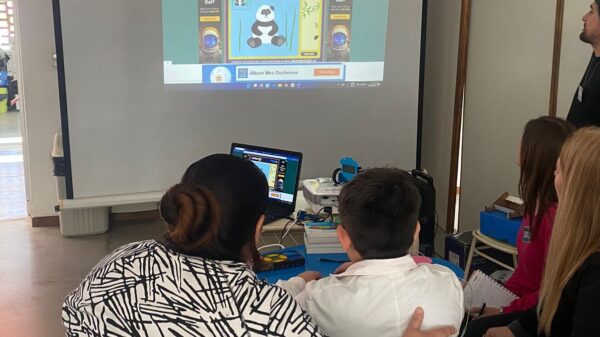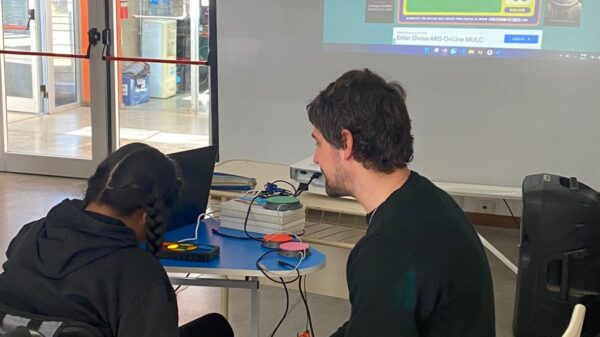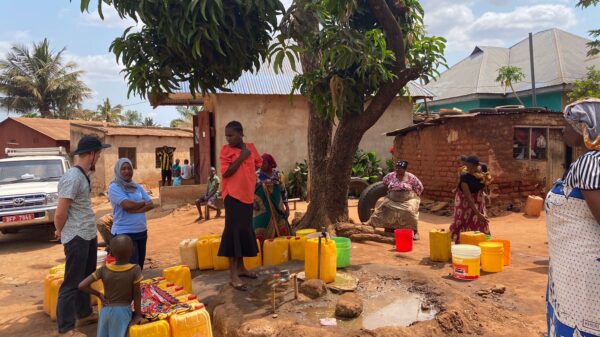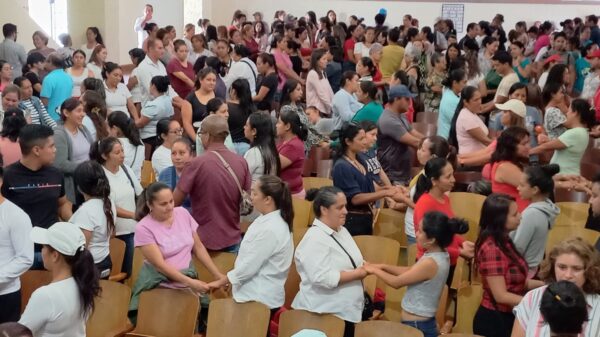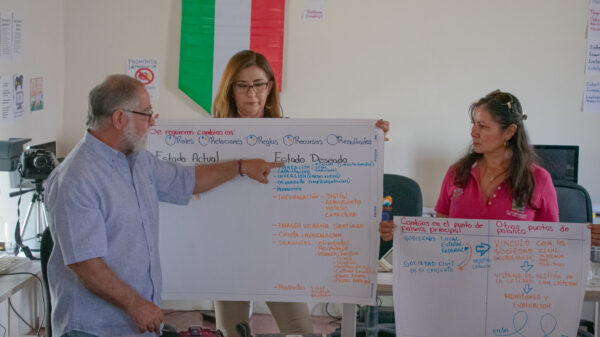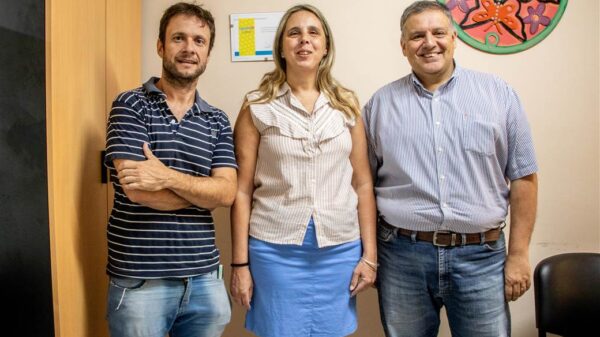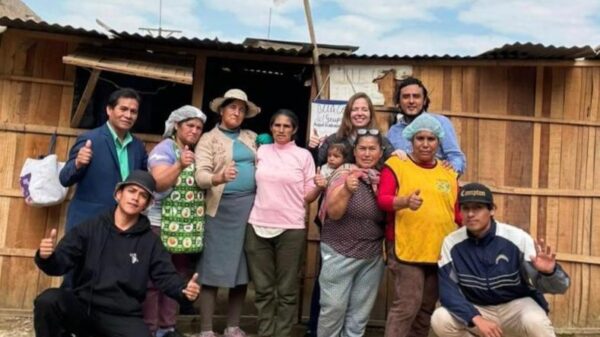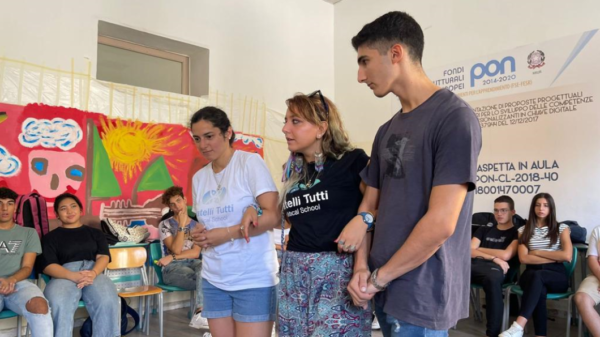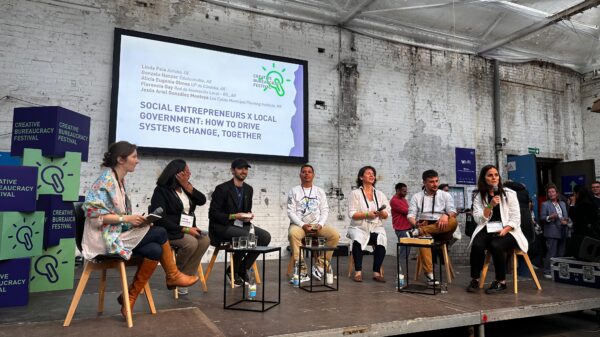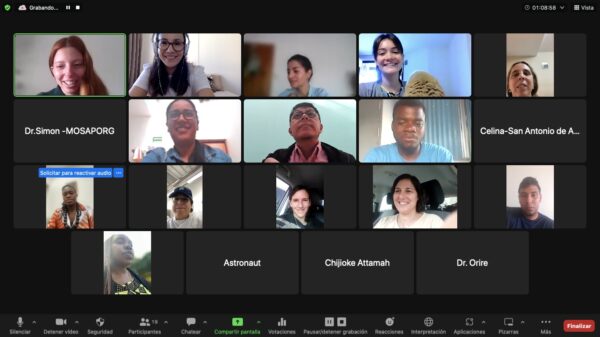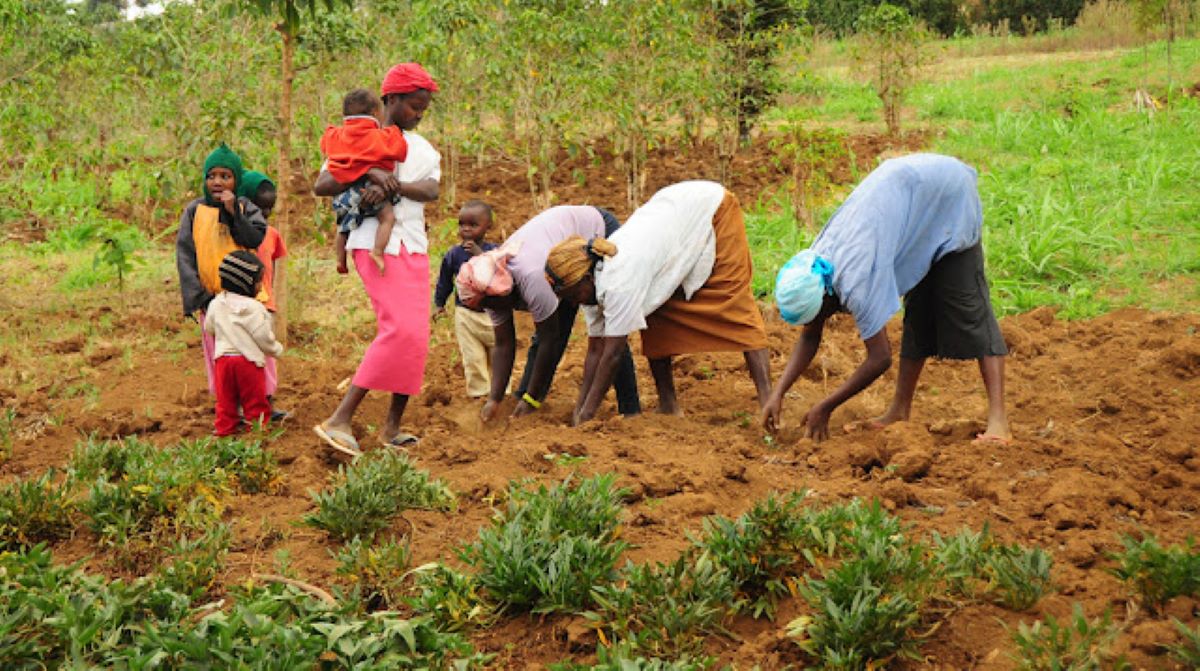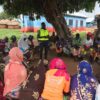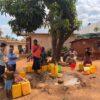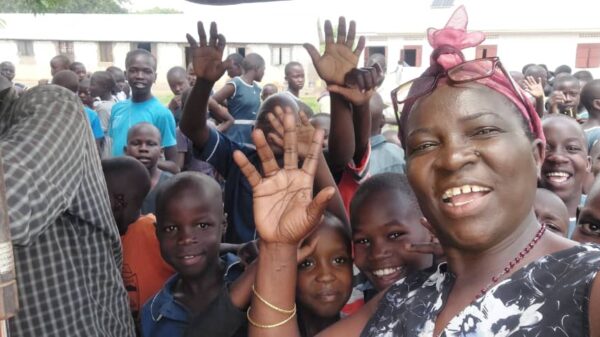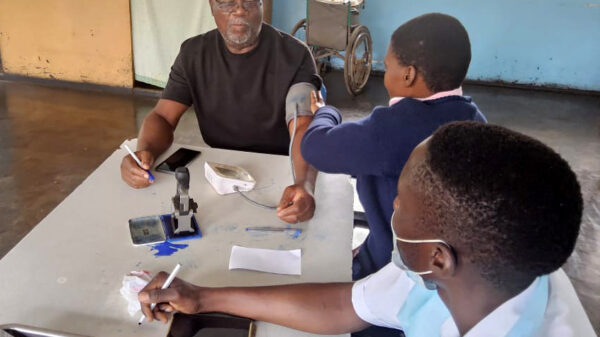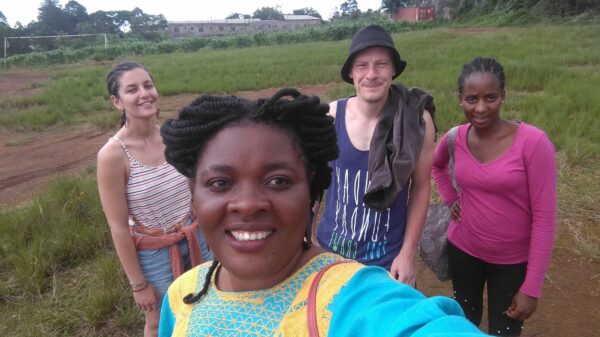Food insecurity is a serious problem in northeastern Nigeria. In particular, the violence produced by the terrorist group Boko Haram during the last decade generated a delicate humanitarian crisis. Against this backdrop, an initiative that seeks to improve the income and standard of living of small farmers in the State of Adamawa, one of the most affected, is advancing in 2022.
The project “Food for All”, from Food Cooperative, proposes achieving more productive crops with sustainable interventions in the vicinity of the city of Yola. Through local training and the development of a website, the idea is to extend links with actors that can support their cooperative solution. In other words, it is about creating a network of change capable of improving the food situation of agricultural communities.
According to the World Food Programme, 4.4 million people in the region are subject to conditions of acute hunger and 320,000 children suffer from acute malnutrition. In total, 8.7 million people are food insecure in northeastern Nigeria.
“Our outsourcing scheme aims to ensure greater productivity and profits for farmers, greater knowledge and skills, and access to agricultural inputs. It is planned to offer access to microcredit loans to help them settle labor costs and guaranteed markets at a later stage,” say the “Food for All” team, coordinated by Chijioke Attamah.
Trust and sustainability
In the first stage, the initiative is aimed at a group of 100 small farmers who have been displaced along with their families in Adamawa. They were victims of the Boko Haram insurgency and also frequent attacks by Fulani herdsmen, a nomadic people. With the implementation of the collaborative initiative, it is expected that 700 people will cover their basic food needs.
Through the cooperative, which is already registered, it is projected that the community of small farmers will generate ties of trust and a circle of economic sustainability. With their contributions, they should be able to guarantee the future acquisition of inputs for their crops and an environment where they can market their productive surplus in the future.
The initiative has already completed its pilot phase and they have moved forward with the first corresponding training. One of them occurred on August 18, 2022 and was about new sustainable practices. “The training was very interesting, impressive and productive. We hope that a node of constant training will be created to continue learning and be more qualified to help farmers later,” said his assistants.
University students of Agronomy and related sciences, public university teachers and local government officials participate in the training. Precisely, joint action between different actors points towards greater efficiency in the solution. In this case, their union served to identify different lines of action that could underpin the different viable alternatives.
In search of financing, the project is in the Local Solutions Marketplace. It is a platform that Unites local innovators with impact funds to transform realities. It was launched in March 2022 by the AYNI – Communities of Local Innovators team, formed by the Local Innovation Network (RIL), Ashoka, Via Education and CoLab.
For greater food security:
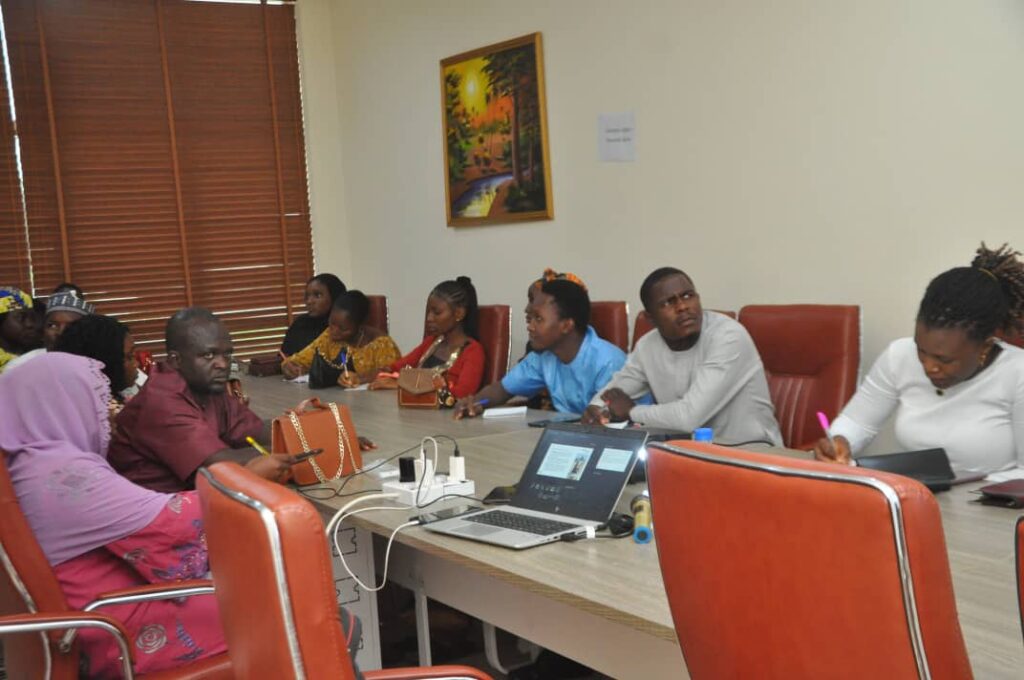
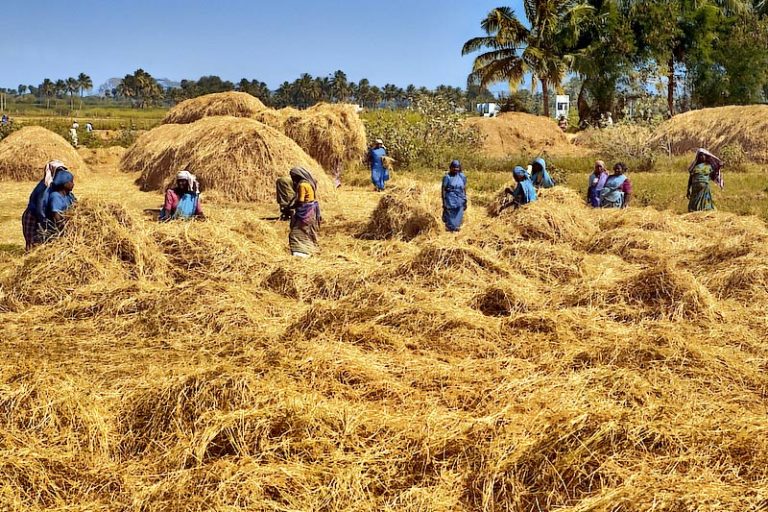
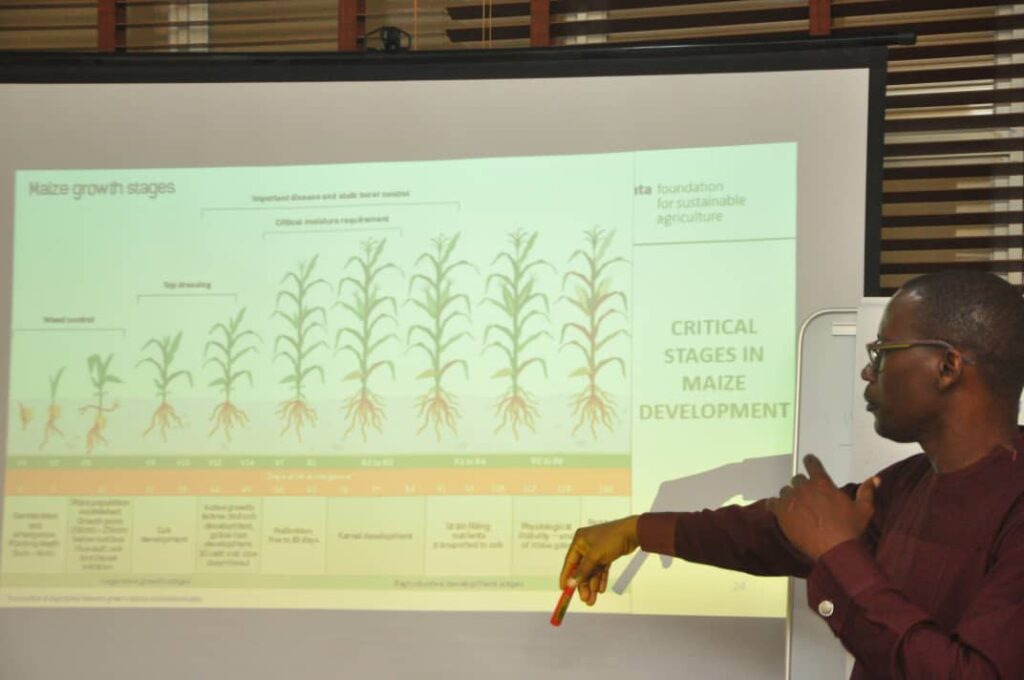
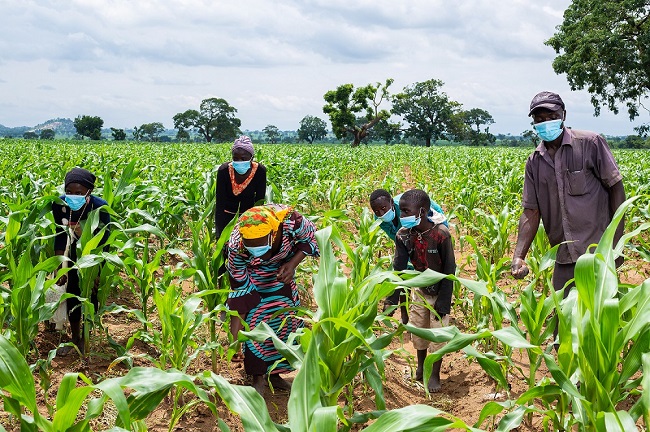
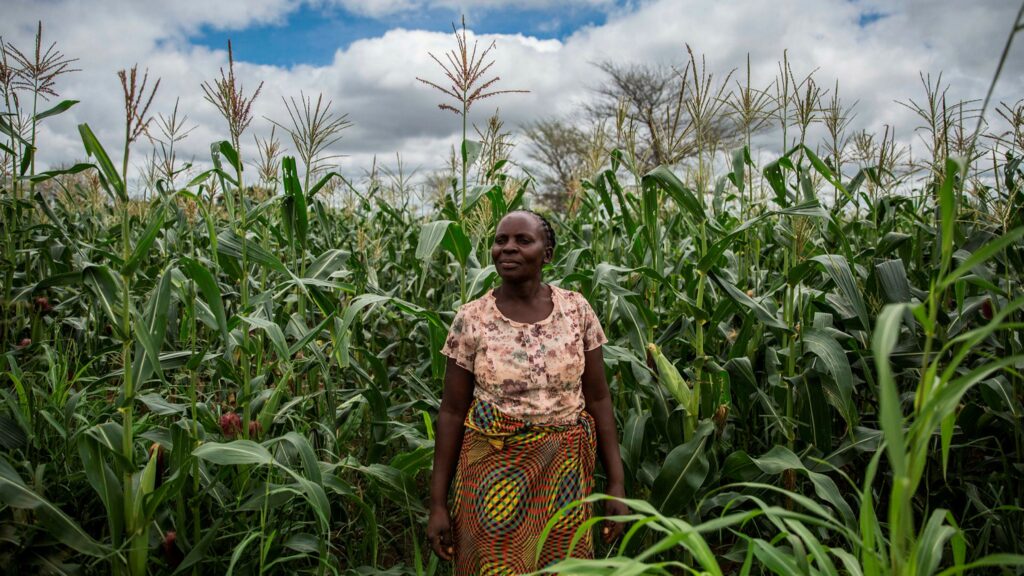
.
In this note You can learn about other cases related to food safety.
